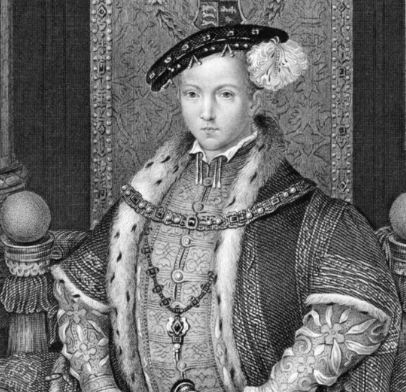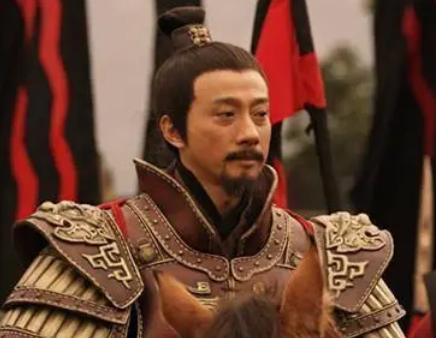During the Ming Dynasty, China's coastal areas were frequently disturbed by the pirates from Japan. Many people believe that the "sea ban" policy implemented by Zhu Yuanzhang is the main reason for this phenomenon. So, is there a direct causal relationship between the two?

Firstly, we need to understand what "sea ban" is. Sea ban is a policy implemented in the early Ming Dynasty to prevent pirate and pirate activities and restrict overseas trade. This policy prohibited private overseas trade and only allowed official "tribute trade".
However, the sea ban policy did not effectively stop the activities of the pirates from Japan. Instead, because the sea ban policy restricted normal overseas trade, it made some people turn to illegal maritime activities, including collaborating with the pirates from Japan to carry out smuggling trade. These illegal activities provided the pirates from Japan with space for survival and development, thus intensifying their activities.
In addition, the sea ban policy also led to economic difficulties in coastal areas. Because the sea ban policy restricted overseas trade, it seriously affected the economic development of coastal areas. Some fishermen and merchants who lost their livelihoods also joined the ranks of the pirates from Japan to survive.
Therefore, although the original intention of the sea ban policy was to protect the country's security and stability, it actually intensified the activities of the pirates from Japan to some extent. This shows that the formulation and implementation of any policy need to fully consider its possible consequences and impacts to avoid adverse effects.
Disclaimer: The above content is sourced from the internet and the copyright belongs to the original author. If there is any infringement of your original copyright, please inform us and we will delete the relevant content as soon as possible.































